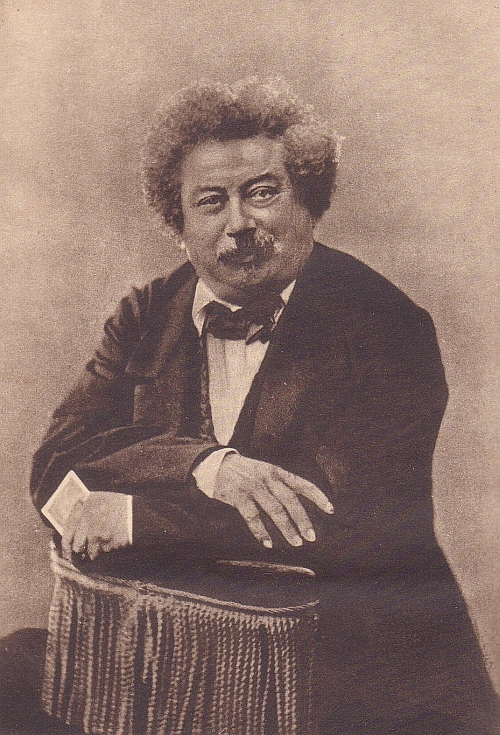
“There is,” he said after a brief pause, “an appropriate maxim, which bears upon what I was just telling you, and that is, that unless evil ideas take root in a mind marked by depravity from the outset, human nature, in its right and wholesome state, considers crime repugnant. Just the same, wants, vices and false appetites are the products of our civilization, which occasionally become so powerful as to stifle within us our desire to do good, and ultimately to lead us into temptation and wickedness. Hence is to be derived this maxim: Si vous voulez découvrir le coupable, cherchez d’abord celui à qui le crime commis peut être utile! — That if you seek to discover the culprit, seek first to discover the person to whom the perpetration of that crime could be in any way advantageous.”
—Alexandre Dumas, père, Le comte de Monte-Cristo vol. 1, ch. 17 (”La chambre de l’abbé”) (1845-46)(The abbé Faria to Edmond Dantès, in prison)(S.H. transl.) in the Pléiade ed., p. 175.


